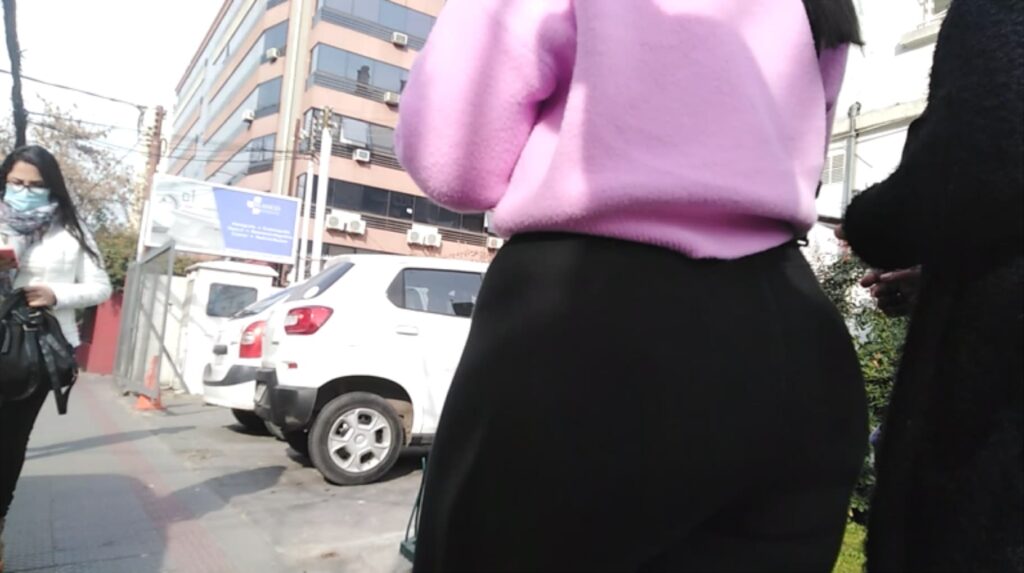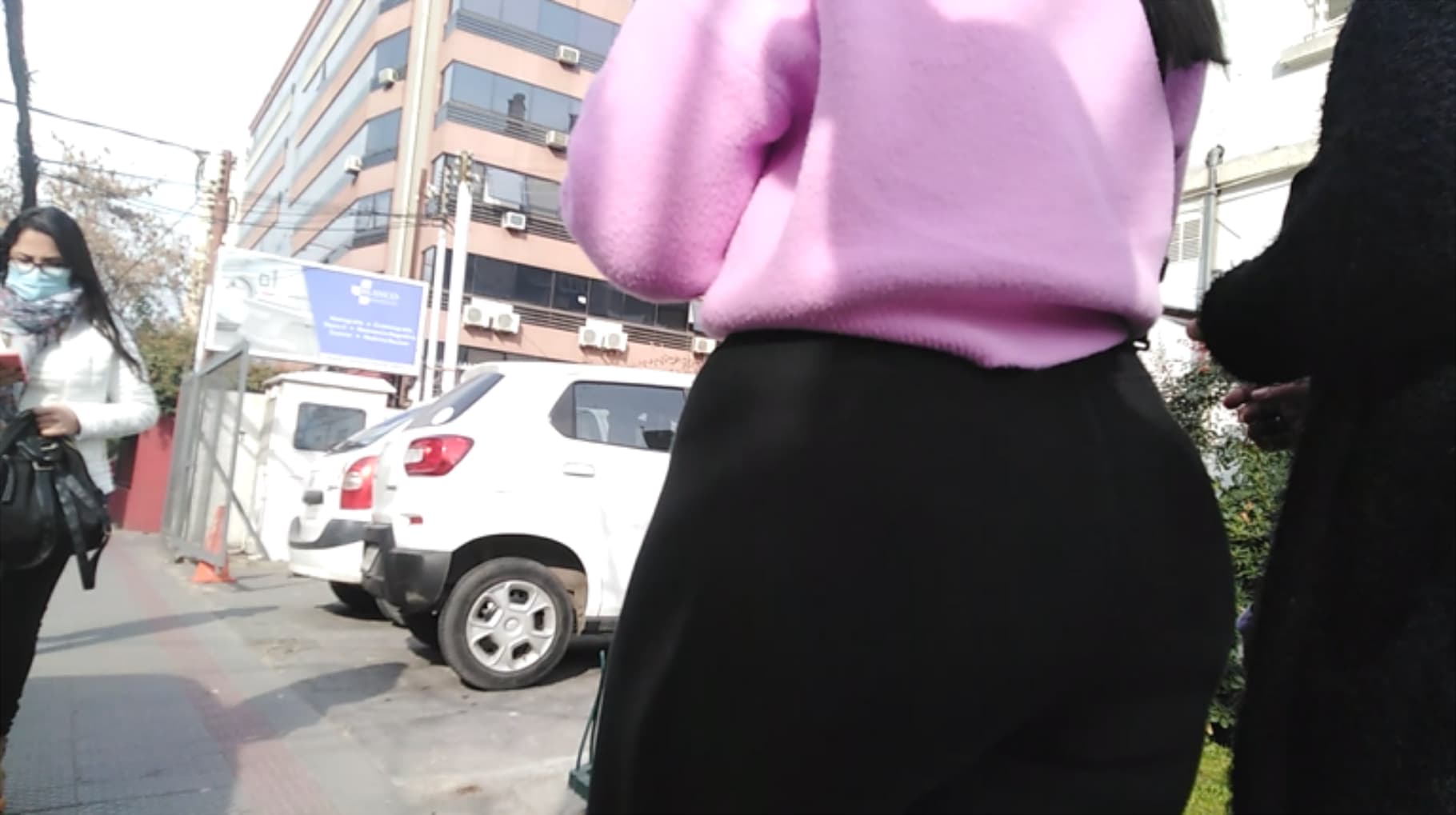
The Allure and Representation of Sexy Short Latinas in Modern Media
The portrayal of women, particularly those of specific ethnic backgrounds and physical attributes, in media significantly shapes societal perceptions and expectations. This article delves into the complex and often contradictory representation of sexy short Latinas in contemporary media, exploring the historical context, evolving stereotypes, and the impact on both the Latina community and broader cultural understanding.
Historical Context and the Construction of the Latina Image
The image of the Latina woman in media has been historically fraught with stereotypes. From the fiery and passionate “spitfire” to the hypersexualized domestic worker, these representations have often lacked nuance and depth. These stereotypes are not accidental; they are rooted in historical power dynamics and colonial legacies that have shaped how Latinas are perceived in predominantly Western societies. The concept of the sexy short Latina builds upon these existing stereotypes, often emphasizing physical attributes over intellectual or professional achievements. These representations often fail to capture the diversity of experiences and identities within the Latina community.
Defining “Sexy Short Latina”: An Examination of the Term
The term “sexy short Latina” itself is loaded with assumptions and potential for misinterpretation. “Sexy” implies a focus on physical attractiveness, often judged through a narrow and subjective lens. “Short” is a specific physical attribute, while “Latina” encompasses a vast and diverse group of women with varied cultural backgrounds, nationalities, and lived experiences. When these elements are combined, the resulting image can reinforce harmful stereotypes and reduce individuals to a set of physical characteristics. It’s crucial to critically examine how such terms are used and the potential impact on self-perception and societal expectations.
Media Portrayals: From Film and Television to Social Media
In film and television, sexy short Latinas are often cast in roles that perpetuate stereotypical narratives. They may be portrayed as the sassy best friend, the exotic love interest, or the overly dramatic family member. These roles rarely allow for complex character development or exploration of their full potential. While there have been some positive shifts in recent years with more diverse and nuanced portrayals, the industry still has a long way to go in dismantling harmful stereotypes. Social media presents a different landscape, offering Latinas the opportunity to control their own narratives and challenge existing representations. However, the pressure to conform to certain beauty standards and the prevalence of online harassment remain significant challenges.
Examples in Film and Television
Consider the portrayal of Latinas in popular sitcoms or dramas. How often are they depicted as multifaceted individuals with diverse career paths and personal aspirations? Are their stories centered on their own experiences, or are they primarily supporting characters in narratives dominated by other groups? Analyzing specific examples can reveal the subtle ways in which stereotypes are reinforced and the opportunities for more authentic representation are missed. The ideal is to move towards portrayals that showcase the breadth and depth of the Latina experience, breaking free from limiting and harmful tropes.
The Rise of Latina Influencers and Content Creators
The rise of Latina influencers and content creators on platforms like Instagram, TikTok, and YouTube has provided a space for self-representation and the challenging of traditional media narratives. These individuals are using their platforms to share their stories, promote their cultures, and advocate for greater inclusivity. However, it’s important to acknowledge that even within these spaces, there can be pressure to conform to certain beauty standards and expectations. The online world is not immune to the same biases and prejudices that exist in traditional media. While the presence of Latina voices online is a positive development, it’s crucial to support and amplify a diverse range of perspectives within the community.
The Impact on Self-Perception and Identity
The constant exposure to stereotypical portrayals of sexy short Latinas can have a significant impact on the self-perception and identity of young Latina women. When individuals are constantly bombarded with images that prioritize physical appearance over other qualities, it can lead to feelings of insecurity, body image issues, and a diminished sense of self-worth. It’s crucial to promote positive and diverse representations that celebrate the unique strengths and talents of all individuals, regardless of their ethnicity or physical attributes. Education and media literacy are essential tools for empowering young people to critically analyze the messages they receive and develop a strong sense of self-identity.
Internalized Stereotypes and the Pressure to Conform
One of the most insidious effects of stereotypical representation is the potential for internalized stereotypes. When individuals are constantly exposed to negative or limiting portrayals of their group, they may begin to internalize these beliefs and apply them to themselves. This can lead to self-doubt, low self-esteem, and a reluctance to challenge existing norms. Breaking free from internalized stereotypes requires conscious effort and a commitment to self-acceptance and empowerment. It also requires a supportive community and access to resources that promote positive self-image and cultural pride.
Challenging Stereotypes and Promoting Authentic Representation
Challenging stereotypes and promoting authentic representation of sexy short Latinas requires a multifaceted approach. It involves holding media accountable for the images they create, supporting Latina artists and creators, and educating individuals about the harmful effects of stereotypes. It also requires a shift in societal attitudes and a willingness to embrace diversity in all its forms. By amplifying the voices of Latinas and promoting their stories, we can create a more inclusive and equitable media landscape.
The Role of Media Literacy and Education
Media literacy and education play a crucial role in empowering individuals to critically analyze the messages they receive and challenge harmful stereotypes. By teaching young people how to identify bias, question assumptions, and evaluate sources, we can equip them with the tools they need to navigate the complex media landscape. Media literacy programs should also emphasize the importance of diversity and inclusivity, promoting understanding and respect for different cultures and perspectives.
Supporting Latina Artists and Creators
Supporting Latina artists and creators is essential for promoting authentic representation and challenging existing stereotypes. By investing in their work, we can provide them with the resources they need to tell their stories and share their perspectives with the world. This includes supporting Latina filmmakers, writers, musicians, and visual artists. It also involves creating opportunities for them to showcase their work and connect with audiences. By amplifying their voices, we can help to create a more diverse and inclusive media landscape that reflects the richness and complexity of the Latina experience.
The Future of Representation: Towards a More Inclusive Media Landscape
The future of representation depends on a continued commitment to diversity, inclusivity, and authenticity. It requires a willingness to challenge existing norms, amplify marginalized voices, and create opportunities for underrepresented groups. By working together, we can create a media landscape that reflects the richness and complexity of our world and celebrates the unique strengths and talents of all individuals. The portrayal of sexy short Latinas, like all representations, should strive for accuracy, respect, and a celebration of individual stories rather than perpetuation of harmful stereotypes. [See also: Latina Representation in Hollywood] [See also: The Impact of Stereotypes on Latina Youth]
The conversation around the representation of sexy short Latinas is not just about physical appearance; it’s about power, agency, and the right to define one’s own identity. It’s about moving beyond stereotypes and embracing the full spectrum of human experience. As consumers of media, we have a responsibility to demand better, to support authentic representation, and to challenge the harmful narratives that perpetuate inequality. The journey towards a more inclusive media landscape is ongoing, but with continued effort and a commitment to change, we can create a world where everyone feels seen, heard, and valued.
Ultimately, the goal is to move beyond superficial labels and appreciate the individuality and complexity of each person. The term “sexy short Latina” should not define an individual, but rather serve as a starting point for a deeper understanding and appreciation of their unique story. Let’s continue to advocate for more authentic and nuanced representations that celebrate the diversity and resilience of the Latina community. [See also: Breaking Down Beauty Standards in Latin America] [See also: The Role of Media in Shaping Cultural Perceptions]

